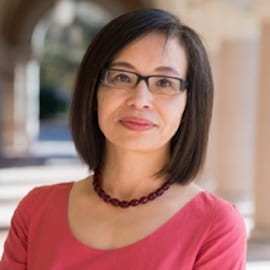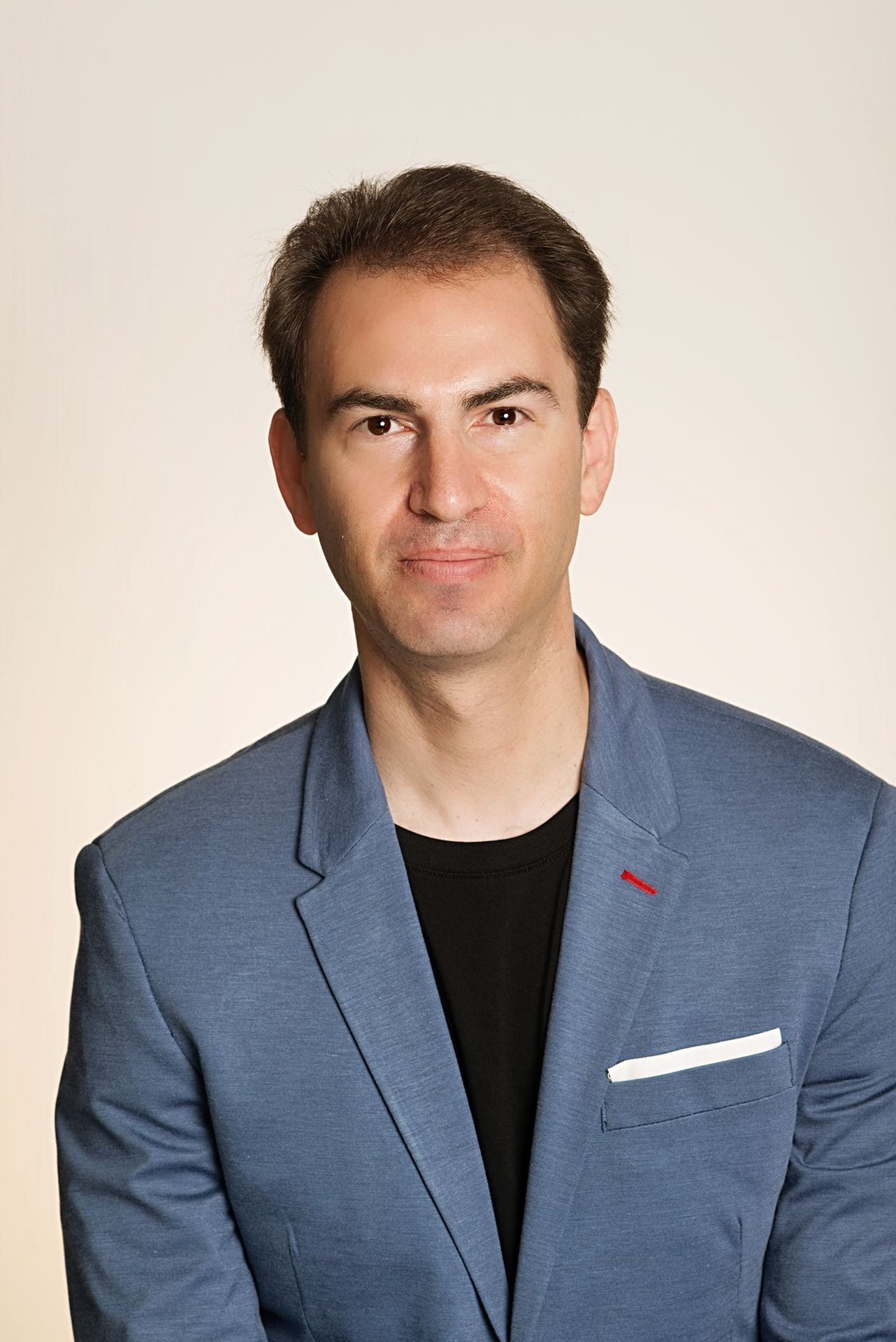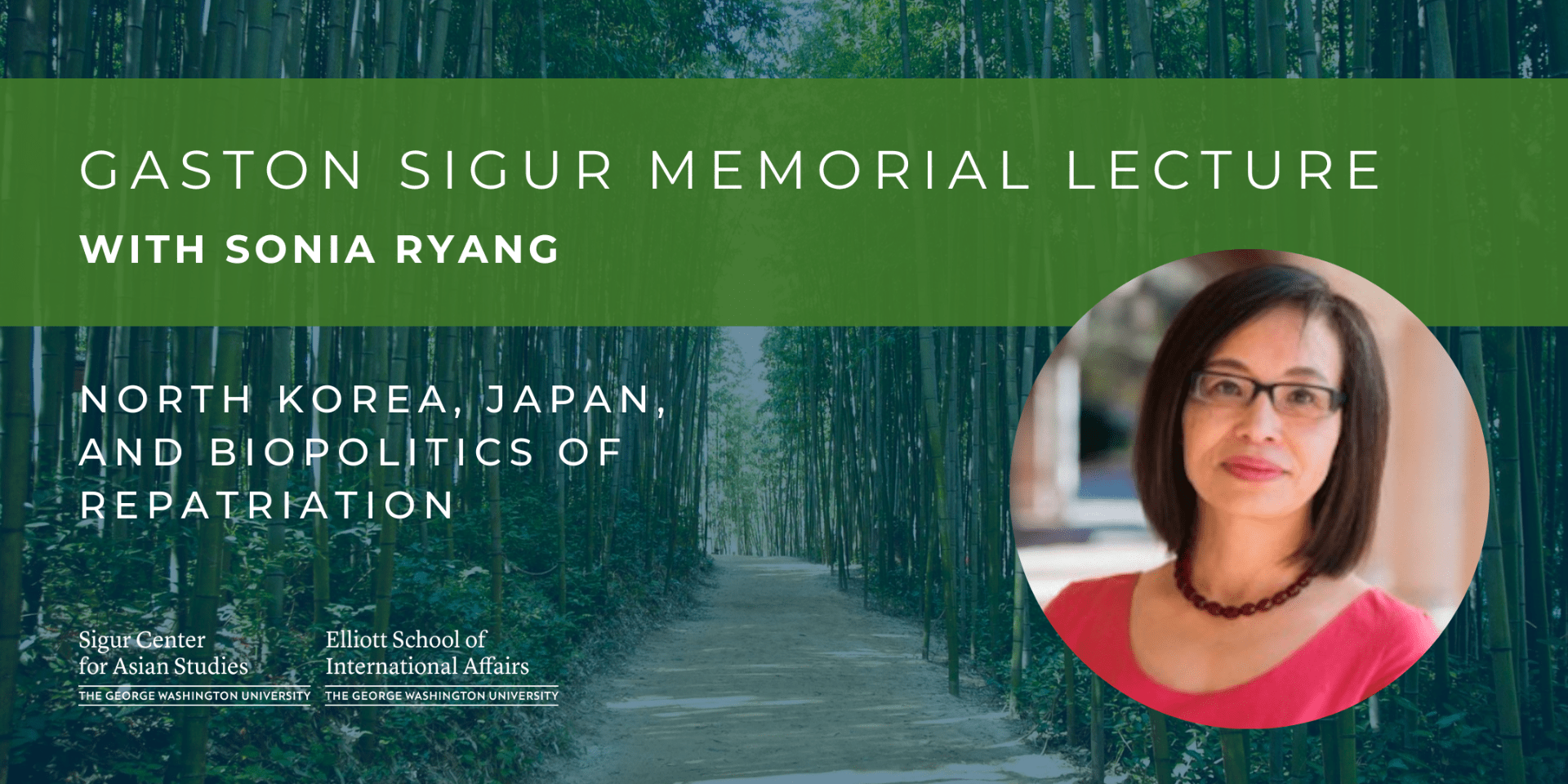Thursday, May 4, 2023
4:30 PM – 6:00 PM ET
Lindner Commons, 602
Elliott School of International Affairs
1957 E Street NW Washington, D.C. 20052
On December 14, 1959, amidst much fanfare and tears, the first repatriation boat carried thousands of Koreans from Niigata, Japan, to Cheongjin, North Korea. In the remaining two weeks of December 1959 alone, a total of three trips were made, transporting 2,942 persons to North Korea. Between 1959 and1984, a total of 93,340 persons were relocated from Japan to North Korea. This number included Koreans who had moved from Korea to Japan during the colonial period and their descendants, including family members who had been born in Japan, as well as some 1,830 Japanese spouses; including the descendants of Japanese spouses, the estimate total of about 6,800 Japanese citizens were repatriated to North Korea over the course of this process. Most Koreans who repatriated from Japan to North Korea originated from southern provinces in the peninsula, i.e., today’s South Korea. Reflecting recent declassification of the International Committee for Red Cross papers, scholars have revisited this issue, yet questions remain: how should we understand this phenomenon? In this presentation, Sonia Ryang approaches this question from multiple angles and addresses the issues of power and forms of life.
Registration is free and open to the public.
This event will be recorded and will be available on the Sigur Center YouTube channel after the event.
Speaker

Sonia Ryang was born in Japan to Korean parents and grew up speaking both Korean and Japanese. Ryang received a Ph.D. degree in Social Anthropology from Cambridge University, England, and worked as a Research Fellow at the Research School for Pacific and Asian Studies, the Australian National University, before being appointed as Assistant Professor of Anthropology at Johns Hopkins University. Ryang moved to the University of Iowa as an endowed chair of Korean Studies and professor of Anthropology. At Iowa, she directed the Center for Asian and Pacific Studies and also served as the Director of Academic Programs in the University of Iowa International Programs. She came to Rice in 2014 as the Director of the Chao Center for Asian Studies; after six years of directorship, she joined the Department of Transnational Asian Studies, her home department.
She has been elected the President of the Society for East Asian Anthropology (2020-2022).
Sonia Ryang is a social anthropologist by training, having obtained her PhD from Cambridge University in 1995. She began her anthropological career with research on the Korean minority in Japan as her primary focus of investigation. While, in many senses, this field of research continues to constitute the core of her work, she now also concerns herself with a much broader set of conceptual and ontological questions pertaining to human existence, encompassing ethnic minorities, diaspora, totalitarianism, ideology, romantic (and other forms of) love, language, food, and, more recently, science. While her books explore a wide range of themes, they are all underpinned by a desire to explore and elucidate the socio-historical functions and materiality of ideas that humans have created and subjected themselves to through the self-imposition of various rules, codes, and institutions. While this human journey has been marked by countless demonstrations of imagination and ingenuity, it has also witnessed innumerable examples of tragic error and loss. Sonia’s scholarship tries to address these. Thus, it is unequivocally interdisciplinary and cross-disciplinary in nature and orientation, combining area studies, literature, history, gender studies, diaspora and transnational studies, philosophy, and ethics, among others. Geographically, she has focused on Korea (North and South) and Japan (the Korean diaspora in Japan) throughout her career. More recently, envisioning the concept of transnational Asia, she has begun to explore the best means by which the boundaries between Asia and Asian America can be undone, for, when viewed from multiple angles, such a distinction is rapidly becoming an artificial one.
With the grant funding by the National Science Foundation (Proposal ID: BCS-1357207) Sonia Ryang has recently finished a project which forms the sequel to her 2012 book on North Korea’s cultural logic, Reading North Korea: An Ethnological inquiry (Harvard University Press, 2012). The book, based on this research, will be published from the University of Hawaii Press in 2021, under the title Reading North Korea. With the Academy of Korean Studies funding (AKS-2020-R24) Sonia Ryang is currently working on a research that reconsiders the repatriation of Koreans from Japan to North Korea (1959 through 1984).
Moderator

Gregg A. Brazinsky works on U.S.-East Asian relations and East Asian international history. He is interested in the flow of commerce, ideas, and culture among Asian countries and across the Pacific. He is proficient in Mandarin Chinese and Korean. He is the author of two books: Winning the Third World (2017), which focuses on Sino-American Rivalry in the Third World and Nation Building in South Korea (2007), which explores U.S.-South Korean relations during the Cold War. Currently, he is working on two other book projects. The first examines American nation-building in Asia during the Cold War. The second explores Sino-North Korean relations between 1949 and 1992 and focuses specifically on the development of cultural and economic ties between the two countries. He has received numerous fellowships to support his research including the Kluge Fellowship from the Library of Congress, the Smith Richardson Foundation junior faculty fellowship, and a fellowship from the Woodrow Wilson Center. Professor Brazinsky also currently serves as the director of the George Washington Cold War Group.
As director of the Asian Studies Program, Professor Brazinsky has attracted some of the brightest students from around the country and the world who share a commitment to pursuing careers related to Asia. He helped to launch a special mentoring program for Asian Studies MA students and has worked to expand fellowship and professional opportunities for students in the program.



